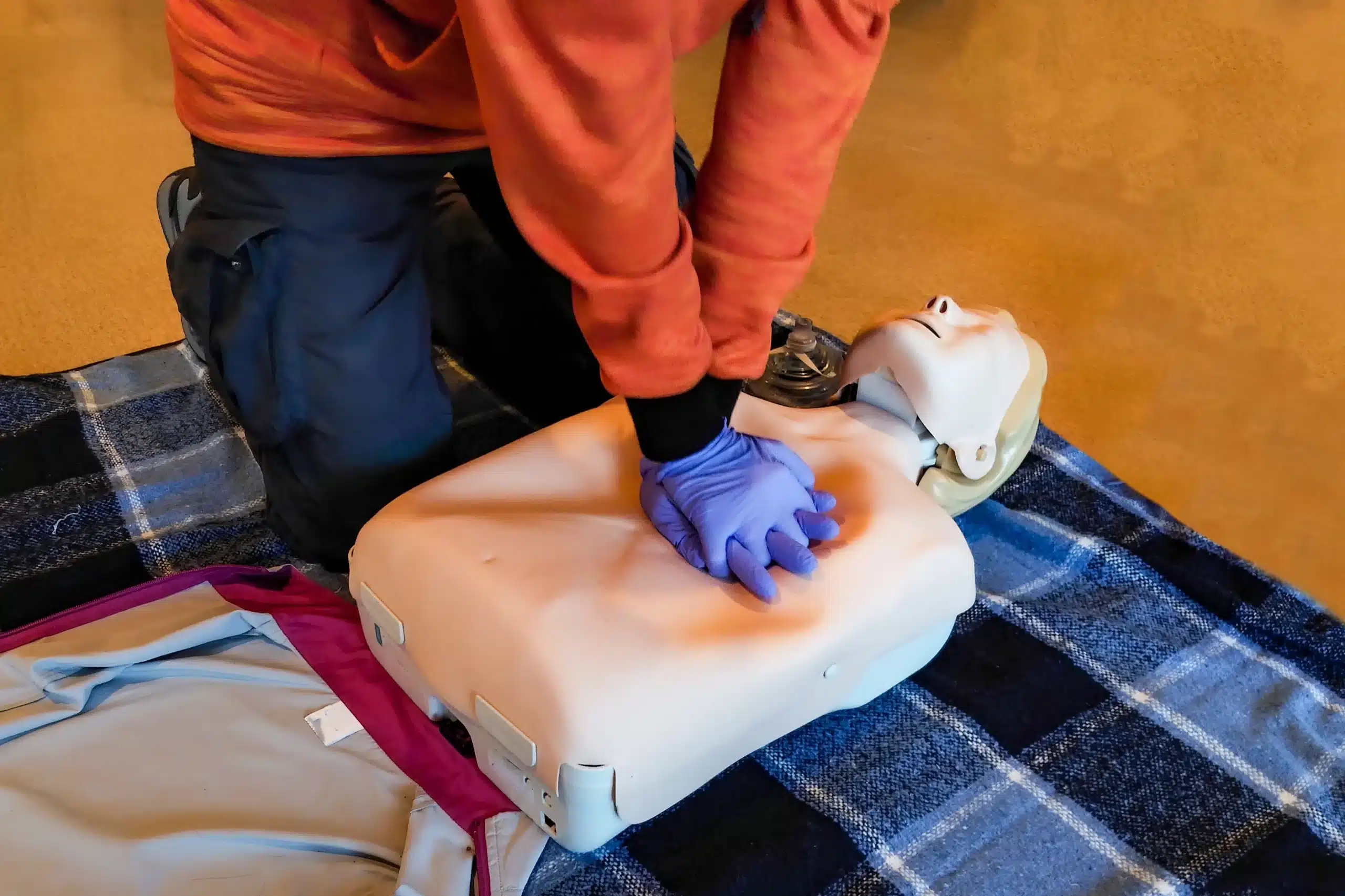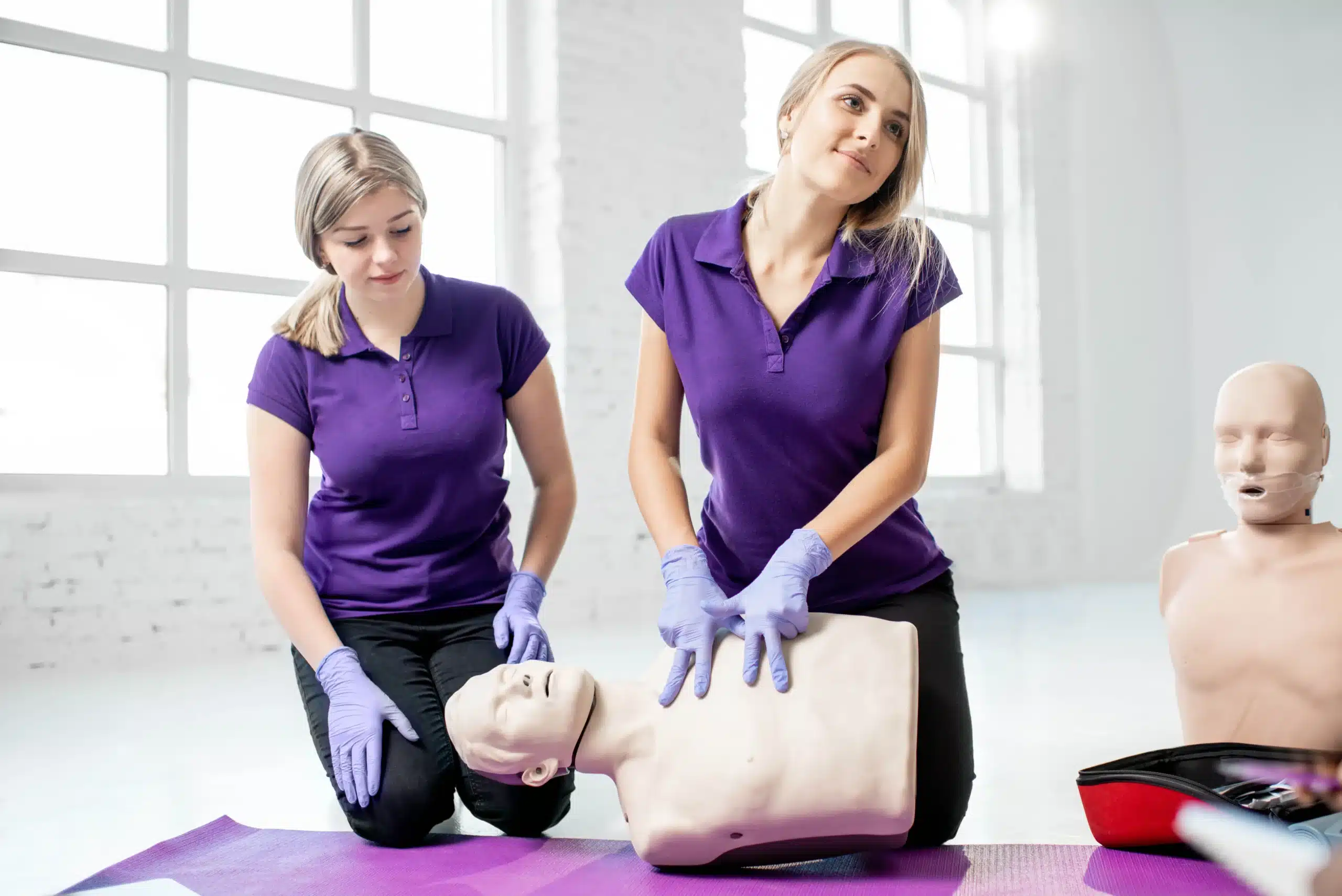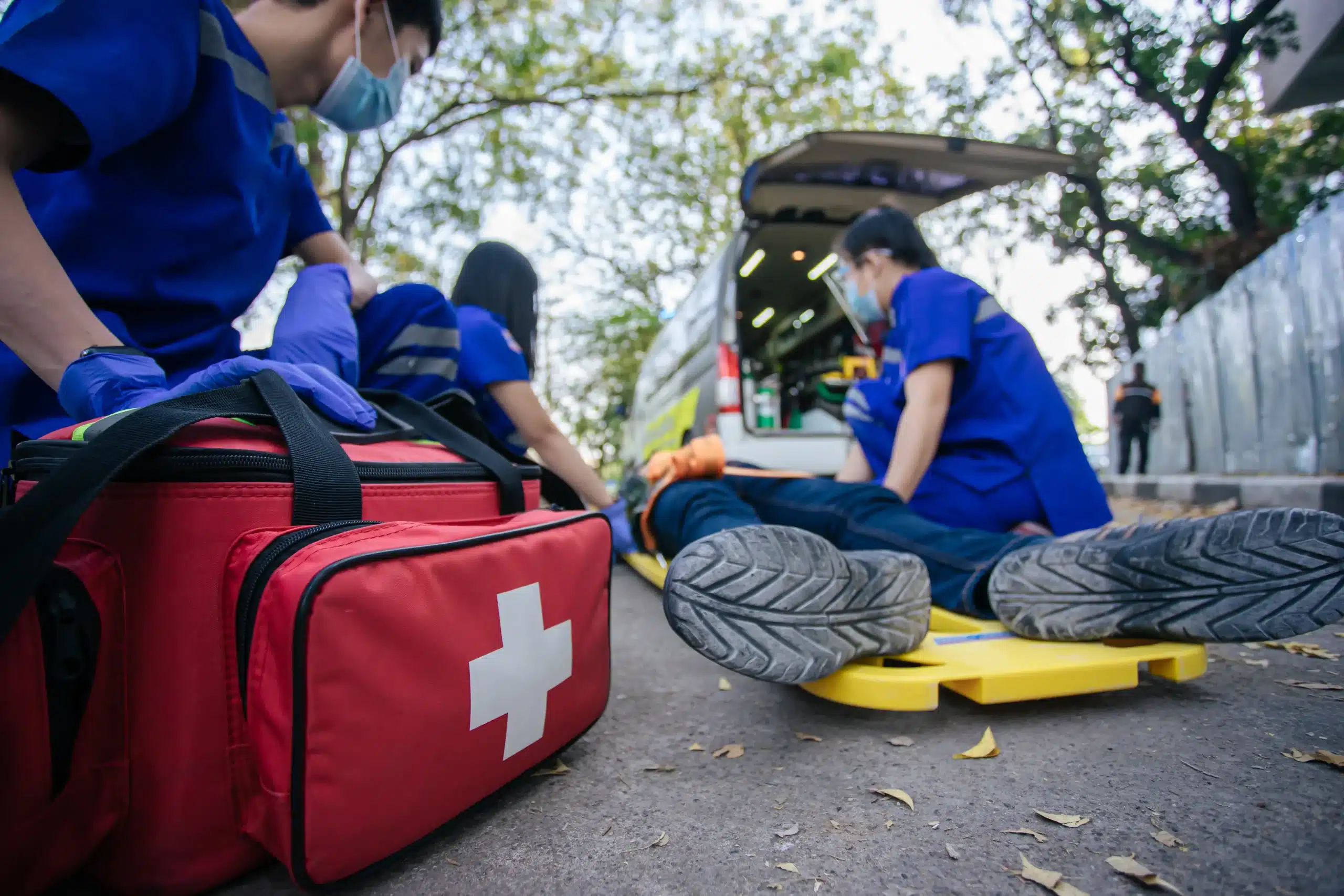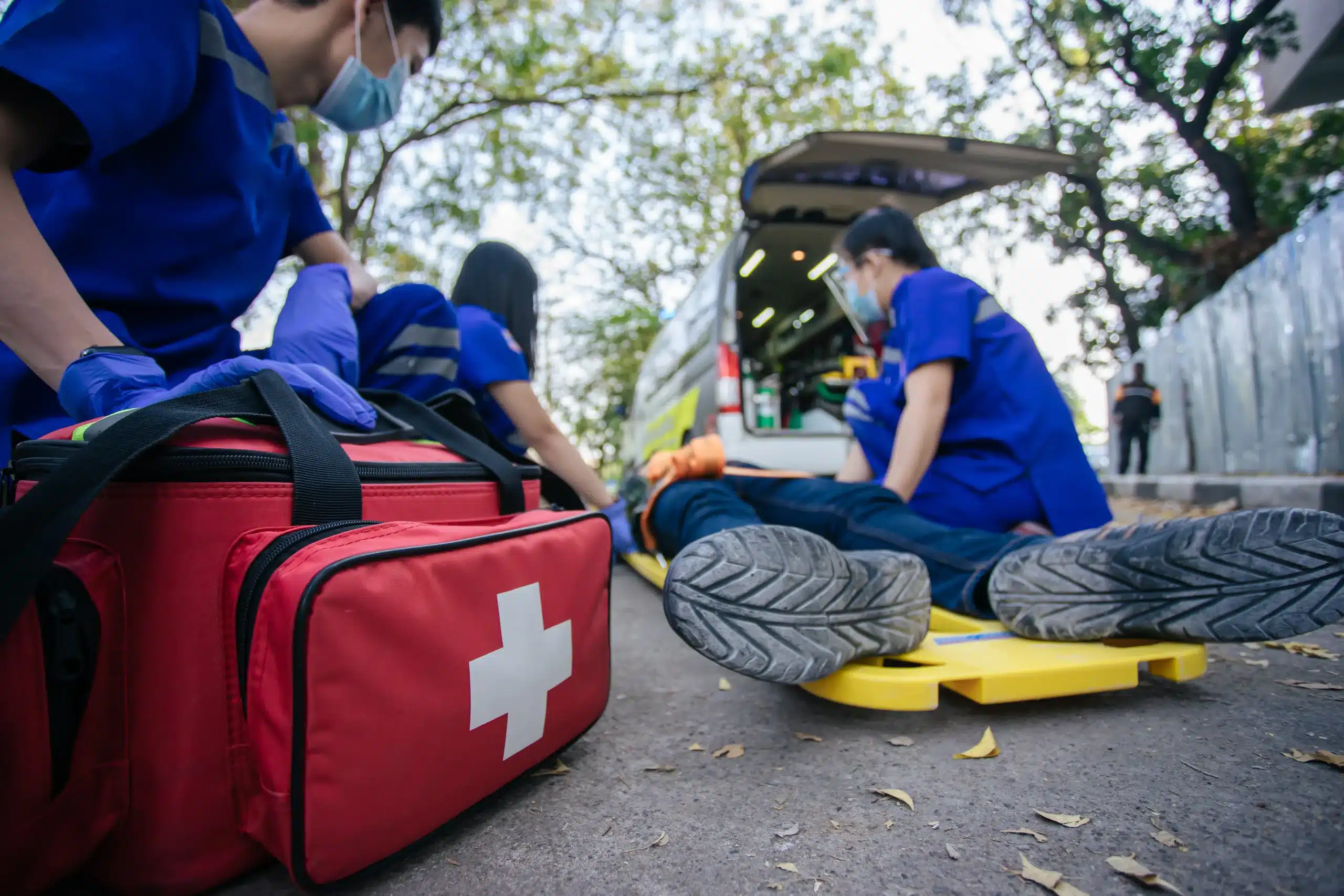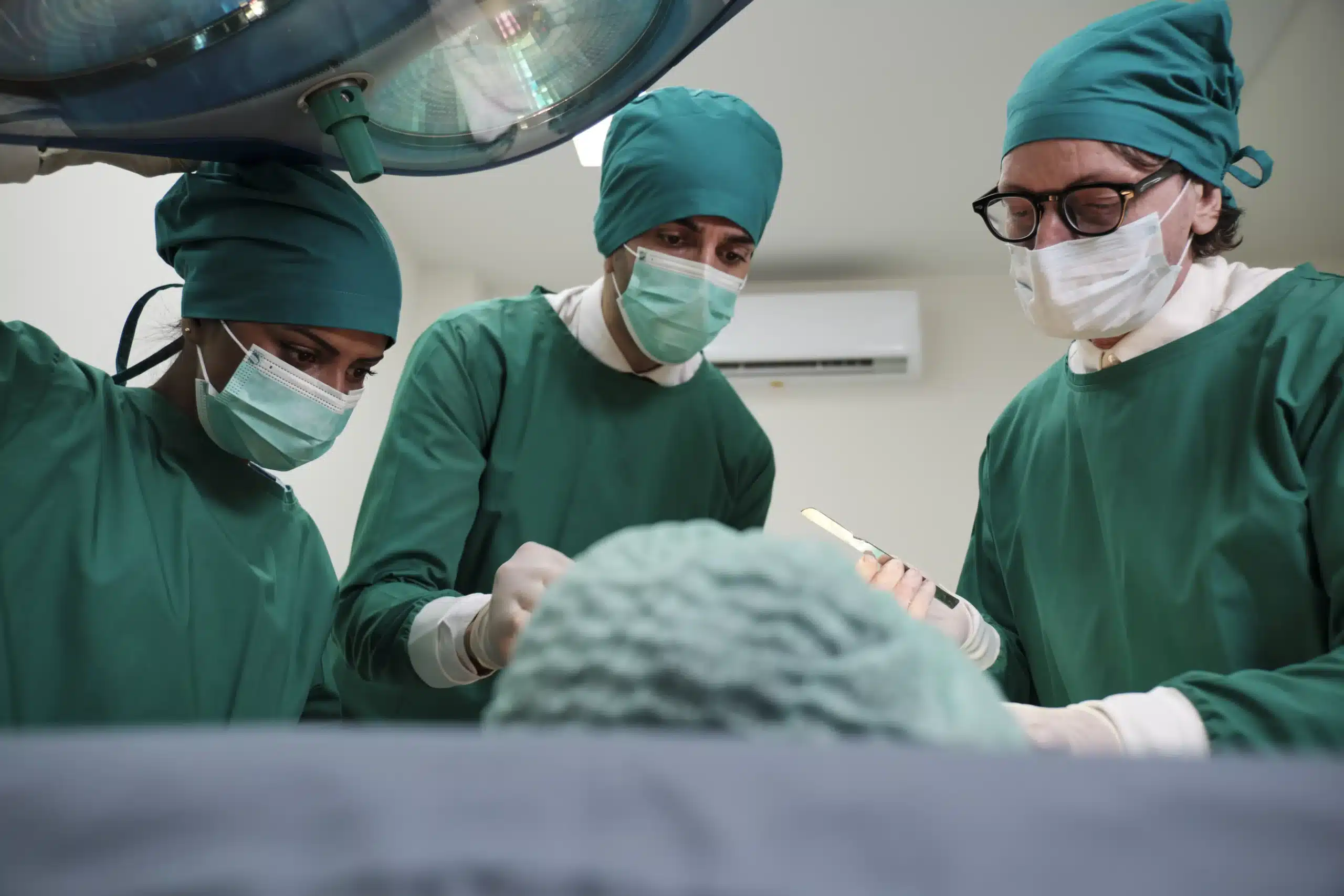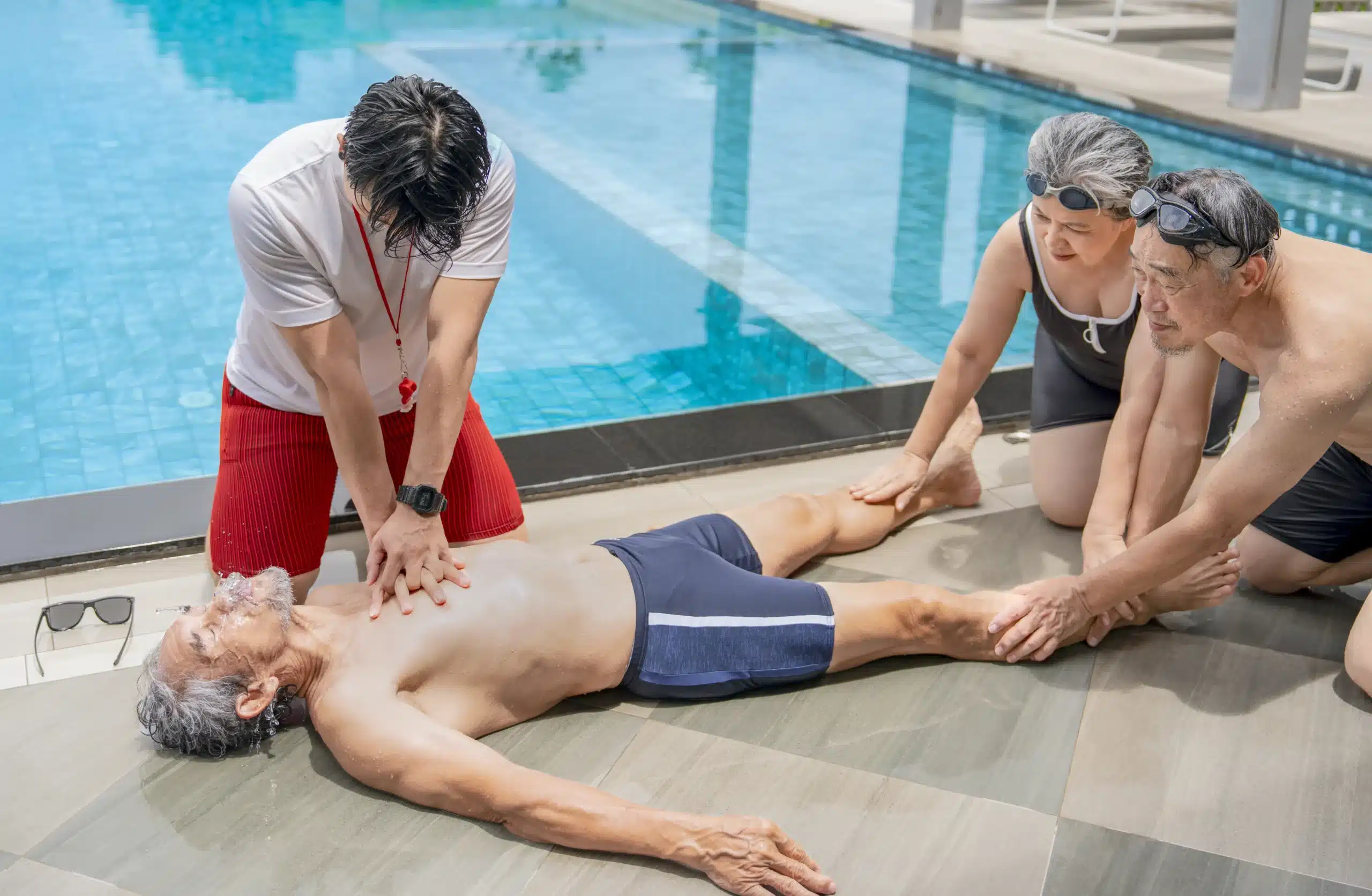Working with children is a rewarding experience, but it also comes with a unique set of responsibilities. When a child’s health takes a critical turn, having the right training can make all the difference. This comprehensive guide explores the ins and outs of Pediatric Advanced Life Support (PALS) and how it prepares you for pediatric emergencies. Whether you’re a seasoned healthcare professional or just starting your career, finding the right pediatric advanced life support in Milpitas is crucial. We’ll walk you through the certification process, course content, and top training providers in the area, so you can feel confident and prepared to provide the best possible care.
Key Takeaways
- PALS certification provides advanced life-saving skills for healthcare professionals working with infants and children. It covers a range of pediatric emergencies, from respiratory distress to cardiac arrest, going beyond basic life support skills.
- Flexible PALS training options are readily available in Milpitas. Blended learning formats offered by providers like Santa Clara CPR Classes combine online coursework with in-person skills sessions to fit your schedule.
- Continuous learning and practice are essential for maintaining PALS proficiency. Regularly refreshing your skills and knowledge ensures you’re prepared to handle pediatric emergencies effectively and confidently.
What is Pediatric Advanced Life Support (PALS)?
Pediatric Advanced Life Support (PALS) is an advanced form of pediatric first aid. It goes beyond basic life support for children, equipping healthcare providers with specialized skills to manage pediatric emergencies. This training is crucial for anyone working with infants and children, providing the knowledge and confidence to respond effectively in critical situations.
What is PALS and why is it important?
PALS is a specialized program designed to help healthcare professionals respond to life-threatening situations involving infants and children. It focuses on the systematic assessment and management of critically ill or injured pediatric patients. The importance of PALS lies in its ability to empower healthcare providers with the skills to quickly and effectively manage pediatric emergencies, ultimately improving patient outcomes. These emergencies can range from respiratory distress and shock to cardiac arrest, requiring immediate and precise intervention. PALS training ensures a standardized approach to these critical situations, increasing the chances of successful resuscitation and minimizing long-term complications. For more information, check out this overview of Pediatric Advanced Life Support.
Essential PALS skills and knowledge
PALS courses cover essential skills and knowledge, including recognizing and managing respiratory emergencies, such as airway obstruction and respiratory failure. Participants learn how to assess and stabilize a child experiencing shock, a life-threatening condition requiring prompt intervention. The program also emphasizes early recognition and management of cardiopulmonary arrest in infants and children, teaching effective resuscitation techniques. Beyond these core areas, PALS training delves into pediatric neurological emergencies, providing healthcare providers with the tools to address seizures and other neurological events. This comprehensive training ensures PALS-certified professionals are well-prepared to handle various critical situations. Learn more about common pediatric emergencies covered in PALS training.
Common PALS misconceptions
One common misconception about PALS certification is that it’s a one-time achievement. In reality, PALS certification requires periodic renewal to stay current with the latest guidelines and maintain proficiency in life-saving techniques. This ongoing education is crucial because medical knowledge and best practices constantly evolve. Another misconception is that PALS is only relevant for doctors and nurses. While essential for these roles, PALS certification is also valuable for other healthcare professionals, including paramedics, respiratory therapists, and emergency medical technicians, who may encounter pediatric emergencies. Understanding the scope and requirements of PALS certification is essential for anyone considering this specialized training. Read more about common PALS certification myths.
Emergencies PALS prepares you for
PALS training prepares healthcare providers to manage various pediatric emergencies. Respiratory emergencies, a common occurrence in children, are a key focus, equipping participants with skills to manage conditions like croup, asthma attacks, and respiratory syncytial virus (RSV). Shock, a critical condition that can rapidly deteriorate, is another area of emphasis, with training covering the recognition and management of different types of shock in children. The program provides comprehensive training on managing cardiac arrest in infants and children, including high-quality CPR and advanced life support interventions. PALS training plays a vital role in improving outcomes for pediatric patients facing life-threatening situations. The PALS Provider Course aims to improve outcomes for pediatric patients.
Find PALS Courses in Milpitas
If you’re looking for Pediatric Advanced Life Support (PALS) training in Milpitas, you have several excellent options for obtaining your certification. These courses prepare healthcare providers to respond effectively to pediatric emergencies.
American Heart Association PALS Courses
The American Heart Association (AHA) sets the standard for PALS training. Their certification is widely recognized and respected in the healthcare field. AHA PALS courses provide healthcare professionals with the essential knowledge and skills to deliver high-quality care during pediatric emergencies. These courses are readily available throughout Milpitas.
Course Structure, Duration, and Format
PALS courses typically use a blended learning approach, combining online learning with a hands-on skills session. The online portion takes approximately 3–4 hours to complete at your own pace. The in-person skills testing, conducted at a local testing center, takes about 30–40 minutes. This blended format offers flexibility while still providing crucial hands-on training.
Cost and Materials
PALS certification, including the online course, skills testing, and certification card, generally costs around $290. This comprehensive fee covers all necessary materials and training components.
Leading PALS Training Providers in Milpitas
Several respected organizations offer PALS training in and around Milpitas. Here are a few to consider:
Safety Training Seminars
Safety Training Seminars offers a range of AHA courses, including PALS, in nearby Santa Clara. They are known for their practical training approach and experienced instructors.
Emergency & Health Training Center
The Emergency & Health Training Center offers AHA PALS blended learning courses in Milpitas. Their program combines online coursework with in-person skills practice for a well-rounded learning experience.
Santa Clara CPR Classes
Santa Clara CPR Classes provides PALS courses, including initial certification and renewal courses, with flexible scheduling to fit your needs. Their blended learning format allows you to complete the online portion on your own time, followed by a brief skills session at a convenient testing location.
Why Choose Santa Clara CPR Classes for PALS Training?
Santa Clara CPR Classes has been serving the community since 1989, providing high-quality training and excellent customer service. Their Low Price Guarantee ensures competitive pricing, and their convenient location serves Milpitas, San Jose, and Santa Clara. For more information and to register, contact them today.
Prepare for Your PALS Certification
Getting your PALS certification is a significant step, so it’s smart to understand the process and how to prepare. This section covers everything from prerequisites to the hands-on training and what to expect along the way.
Prerequisites and target audience
PALS certification is designed for healthcare providers who work with infants and children. This includes doctors, nurses, paramedics, respiratory therapists, and other professionals in similar roles. While there aren’t strict prerequisites, a background in healthcare is highly recommended, as PALS builds upon existing medical knowledge. If you’re unsure if PALS is right for you, contacting a training provider like Santa Clara CPR Classes can help you decide.
Study materials and resources
The American Heart Association (AHA) offers a blended learning PALS course that combines online learning with a hands-on skills session. The online portion, known as HeartCode PALS, can be completed at your own pace and typically takes 4–6 hours. You’ll purchase this separately before attending the in-person skills session. Check with your chosen training center for details on accessing the HeartCode PALS online portion.
Tips for course completion
Successfully completing your PALS certification requires preparation and focus. First, dedicate enough time to the online HeartCode PALS training. Don’t rush through it; absorb the information. Practice the skills you learn online before your in-person session. This will help you feel more confident and prepared for the skills test. Finally, ask questions! Your instructors are there to support you, so don’t hesitate to clarify anything you’re unsure about. Investing in PALS certification is an investment in your skills.
Hands-on skills session overview
The hands-on skills session is where you’ll put your knowledge into practice. This portion typically lasts 30–40 minutes and involves demonstrating key PALS skills under the guidance of a certified instructor. You’ll work through simulated pediatric emergencies, giving you the opportunity to apply the techniques you learned online in a safe and controlled environment. The hands-on skills session is essential for mastering the practical application of PALS protocols.
Certification process and exam
There isn’t a separate written exam for PALS certification. Your evaluation is based on successful completion of both the online HeartCode PALS training and the hands-on skills session. Once you’ve demonstrated competency in both areas, you’ll receive your American Heart Association PALS provider card, valid for two years. This card signifies your readiness to respond to pediatric emergencies.
Maintain Your PALS Certification
Once you’ve earned your PALS certification, staying current is key. This section covers why ongoing pediatric education matters and how to keep your skills sharp.
Certification validity and renewal
PALS certification is typically valid for two years. To maintain your credentials, you’ll need to take a PALS renewal course before it expires. This ensures your knowledge and skills align with the latest guidelines and practices in pediatric emergency care. Think of it as a refresher—it helps you stay informed and confident in your abilities.
The importance of ongoing pediatric education
Even after your initial PALS certification, continuous learning is crucial for anyone involved in pediatric care. Regular training reinforces your skills and keeps you informed about evolving best practices. This ongoing education isn’t just about maintaining certification; it’s about providing the best possible care for young patients in critical situations. It’s an investment in your ability to respond effectively and confidently during pediatric emergencies. For more information on the importance of ongoing training, check out this article on PALS certification.
Keep your skills sharp
PALS training equips you with the tools to manage serious pediatric emergencies, but regular practice is essential to keep those skills sharp. Think of it like any other skill—consistent use and refinement are key to mastery. Staying proficient ensures you’re prepared to handle critical situations involving children, where quick, effective action can be life-saving. This article highlights the importance of PALS training for various pediatric emergencies.
Register for PALS Training in Milpitas
Ready to take the next step and register for your PALS certification or recertification? Here’s what you need to know about signing up for a course in Milpitas.
Step-by-step registration
Registering for PALS training is straightforward. You can visit the Safety Training Seminars website and browse available PALS courses. The site offers detailed information on course schedules, pricing, and a streamlined registration process. You can also contact them directly at (408) 604-4450 for assistance. For those looking for training with our company, you can find PALS courses on the Santa Clara CPR Classes website.
Discounts and promotions
Finding a quality course at an affordable price is important. Milpitas CPR Classes offers competitive pricing for PALS training in Northern California and even has a low-price guarantee. Be sure to ask about any current discounts or promotions when you register. You can also check our Low Price Guarantee page for more information on our commitment to affordable training.
Choose the right PALS course
The American Heart Association (AHA) offers various PALS courses in Milpitas, including initial certification and recertification classes. Choosing the right course depends on your current certification status and learning goals. If you’re a first-time PALS student, you’ll need the initial certification course. If your certification is expiring, you’ll need a recertification course. We offer both options at Santa Clara CPR Classes.
Flexible learning options
Busy schedules shouldn’t be a barrier to important training. The AHA offers a blended learning PALS course that combines online learning with in-person skills practice. This format allows you to complete the online portion at your own pace, followed by a shorter hands-on skills session at a local testing center. This flexible approach makes it easier to fit PALS training into your life. Contact us to learn more about blended learning PALS courses in Milpitas.
Related Articles
- PALS Certification in Santa Clara: Costs & Requirements – Santa Clara CPR Classes
- Online PALS Classes in Milpitas: Your Guide – Santa Clara CPR Classes
- AHA PALS Classes in Santa Clara, CA – Santa Clara CPR Classes
- ACLS Certification in San Jose: Your Comprehensive Guide – Santa Clara CPR Classes
- Debunking Common CPR Myths
Frequently Asked Questions
What is the difference between PALS and BLS?
BLS (Basic Life Support) teaches basic life-saving skills for all ages, including CPR and first aid. PALS (Pediatric Advanced Life Support) builds upon BLS, focusing specifically on the advanced life support needs of infants and children. PALS teaches healthcare providers how to assess, stabilize, and manage critically ill or injured pediatric patients.
Who should get PALS certified?
PALS certification is essential for healthcare professionals who regularly work with infants and children. This includes doctors, nurses, paramedics, respiratory therapists, emergency medical technicians, and other healthcare providers in critical care settings.
How long does PALS certification last, and how do I renew it?
PALS certification is valid for two years. To renew your certification, you must complete a PALS renewal course before your current certification expires. Renewal courses cover the latest guidelines and best practices in pediatric advanced life support.
What does a PALS course typically cover?
PALS courses cover a range of topics essential for managing pediatric emergencies. These include recognizing and managing respiratory distress, shock, and cardiac arrest in infants and children. The training also covers pediatric neurological emergencies and emphasizes the systematic assessment and stabilization of critically ill or injured pediatric patients.
How can I find PALS courses near me?
Several organizations offer PALS courses, including the American Heart Association (AHA) training centers, hospitals, and private training providers. You can search online for “PALS courses near me” or contact your local hospital or healthcare organizations for recommendations. Santa Clara CPR Classes also offers PALS courses in the Milpitas, San Jose, and Santa Clara areas.

